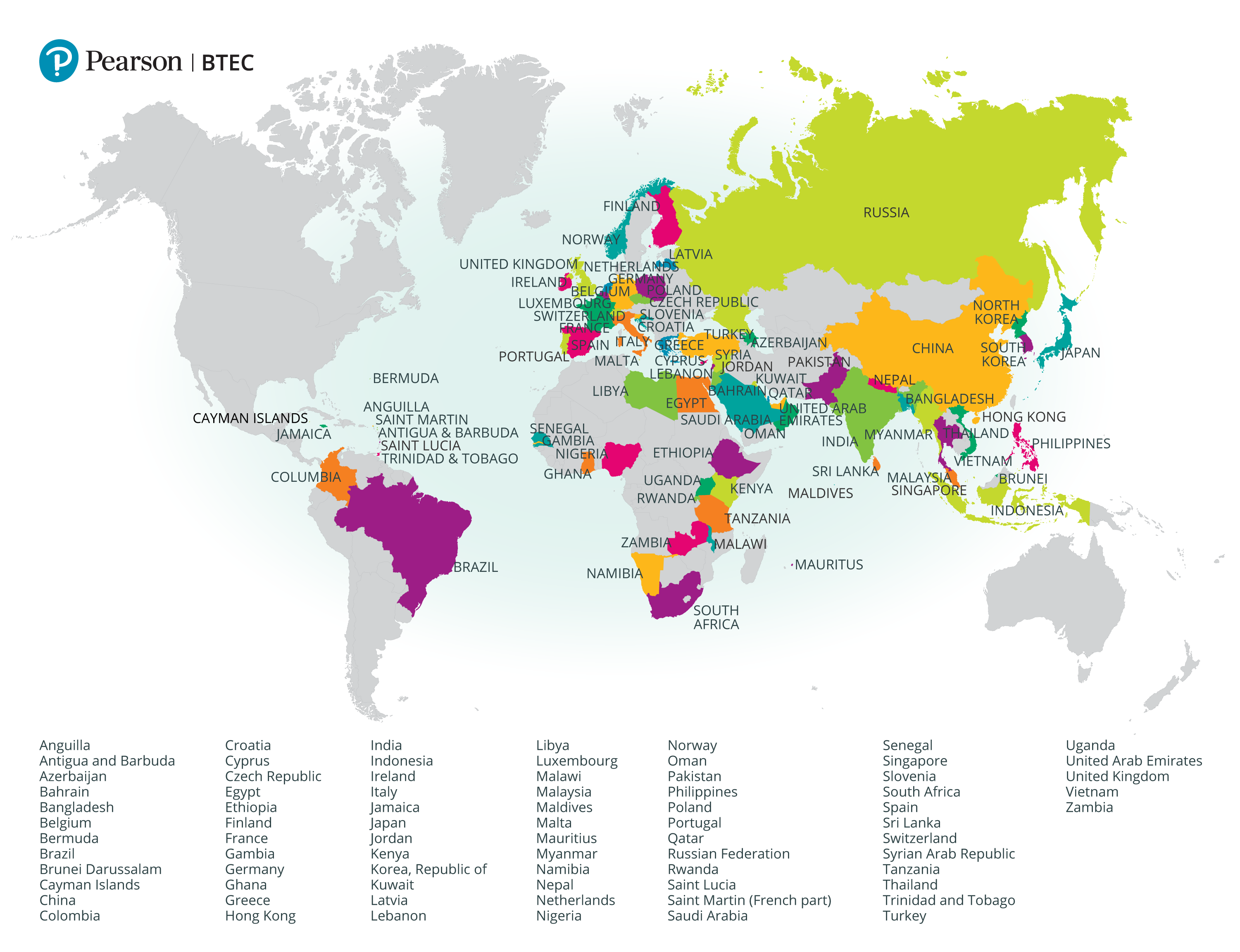About BTEC

BTECs are career-focused qualifications taken by over 1 million learners every year and are recognised in more than 70 countries worldwide.
The fourth industrial revolution, or Industry 4.0 is still evolving, and although we might not have the complete picture until we look back 30 years from now, employers are increasingly adopting Industry 4.0 processes in innovation, training and development.
Many companies are also grappling with how to upskill and develop their current workforce; this is where BTEC can support.
Our qualifications have been developed in partnership with educators, employers and governments, and provide a flexible pathway - combining knowledge, skills and their application to real-life scenarios - enabling learners to progress to higher education or employment. You can be sure that a BTEC-qualified candidate will have the skills and knowledge needed to upskill your workforce.
With over 40 years of proven success, more employers and higher education institutions across the globe are choosing BTEC-qualified candidates for their practical knowledge and employability skills.
What are the top 5 benefits of studying a BTEC?
After 35 years of success, BTECs have built a sterling reputation. More and more students are applying to universities with BTECs, which is clear sign that institutions have recognised the value of a BTEC qualification.
BTECs prepare students for employment; courses can develop a student’s employability skills as they offer the experience of real-life practical tasks and work placements. The CBI has claimed that schools are “exam factories” and academic focused compared to BTECs which prepares students for the world of work. BTEC qualifications are well-regarded by employers as the courses enable students to develop useful hands-on skills such as time management, communication, problem solving and planning.
Employers value BTEC qualifications because courses are usually industry-directed; in other words they give students industry-specific knowledge and skills which makes them readily employable. Courses are developed by professional bodies and higher education experts, which guarantees that a BTEC-qualified candidate will demonstrate the right standards of knowledge and practical skills for the role.
BTECs are more practical qualifications with a focus on flexible learning and independence, which appeals to those who find traditional teaching methods and exams difficult. The assessment for BTECs is largely based on regular coursework and work experience, which makes them an ideal option for those who crumble under the pressure of exams.
BTECs can be an excellent way to progress into university and nowadays more and more universities are recognising BTECs in their admissions.
BTECs are becoming more popular among students, so it isn’t a surprise that universities are adjusting their acceptance requirements and promoting the same respect for BTECs as A-levels receive.
BTECs are recognised by over 70 universities worldwide.



